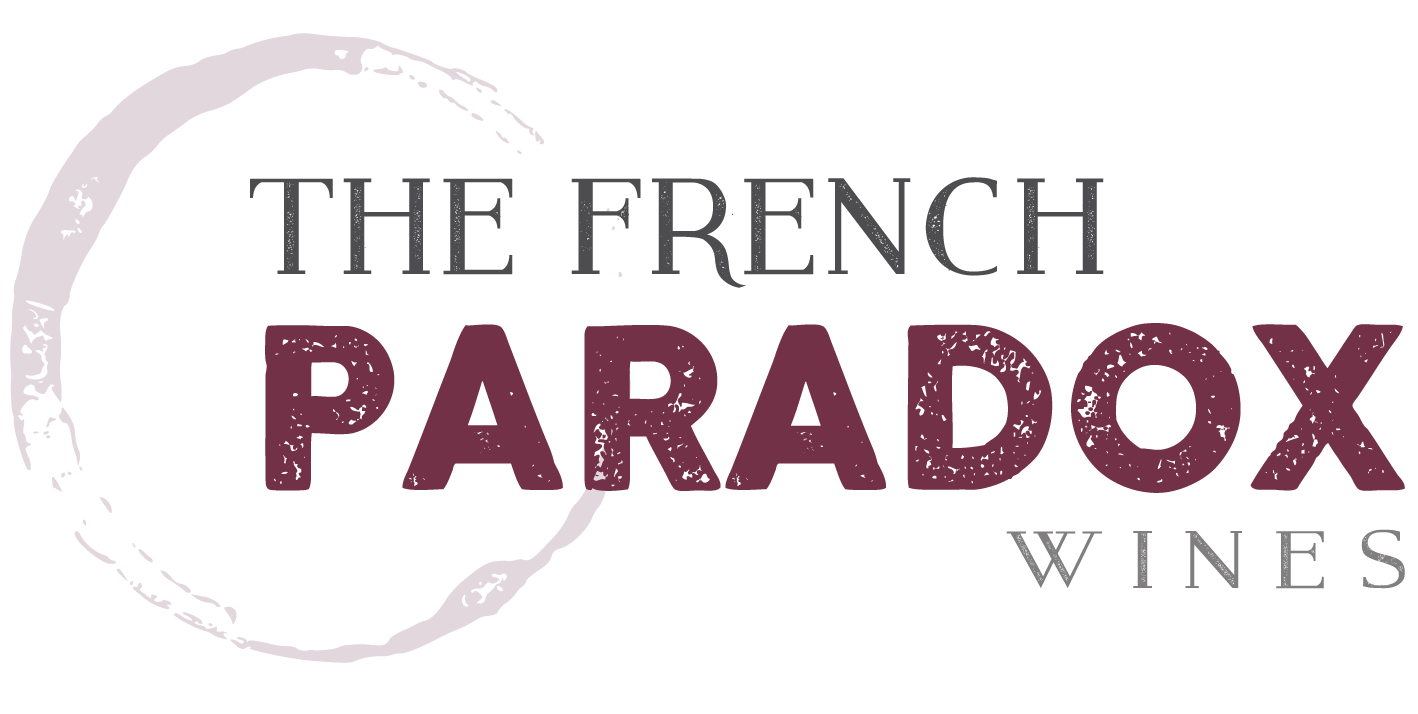I know that I complain too much about wine critics. Some would say that I’ve already lost the war; that the critics and the ‘point’ system are here to stay and anyway, why does it matter? The contention is that ‘scores’ are nothing more than shorthand to allow the consumer to understand quickly the opinion of the critic. Frankly, I don’t buy that; I think that scores are fraudulent and wine producers should be ashamed of themselves for regurgitating meaningless and confusing opinions. In my view, its just another reason why people are intimidated by wine.
Lest anyone think that my sole complaint with wine critics are ‘points’, I also think that they lack wine knowledge, that they are bad writers and that by accepting free goods (wines, dinners, trips, lodging) they seriously undermines their own credibility. But today’s rant is different. I also think that they are missing the point about wine.
Wine consumption should be joyful.
At some point in history, wine stopped being necessary for human survival. As wine was, in many lands, safer than water, it become to many, not merely an intoxicant, but also, quite literally, the ‘water of life’ (Aqua vitae). Although this term become largely associated with distilled spirits, its meaning in the context of wine history rings true.
Eventually, our species learned how to purify, deliver and safely store water, and wine became a commodity; a staple at the table and a symbol of conviviality. Sharing a glass of wine became a rite of friendship and family; its (relatively) gentle intoxicating effects were prized as a way to ease tensions and commemorate successes. It was the beverage of the masses; grapes and wine making were ubiquitous among the poor and downtrodden. And the simple pleasures of breaking bread alongside local wines was typical, expected…and enjoyable.
Non-wine producing countries betrayed those traditions. As they were unable to grow grapes and make wines, enterprising merchants imported wines and pretended that the it was mysterious and therefore hard to understand. They convinced the public that this ‘foreign’ beverage needed an interpreter, and that it was not simple and easy and pleasurable, but rather, complicated and serious. The merchants inflated the costs of wines and turned it from the beverage of the masses to that of the elite and so, inspired the wine critic, who, while in the pay of the merchant, announced which wine was worthy. Simple enjoyment was no longer attainable. One needed deep pockets as well as space to afford and store these complicated products. A whole industry of experts was formed to delude the public into thinking that wine was not for you, it’s was for your betters. And that conceit continues today.
If a wine critic knows best, than context is unimportant. The notion that different wines fare better under different circumstances (who, when, where) has been diminished by the wine critic (who should you believe, your own taste buds and pleasure or some overweight guy that you’ve never met?). The simple pleasures of a refreshing and vibrant glass of wine have been further undermined by the opinion of many critics that a thicker, more alcoholic wine is, by its very nature, a better wine.
Wine was once democratic, crafted by the peasantry, enjoyed by all, joyful in both its existence and the pleasure that it delivered. The wine critic has undermined that; by treating wine as precious and mysterious, complicated and foreign, unknowable and expensive, they striped the joy from wine. Instead, they crafted and continue to spread the message, ‘wine is not fun, ergo wine is not for you’.
So to my litany of complaints about wine critics, I’ll add another. Killjoy.
